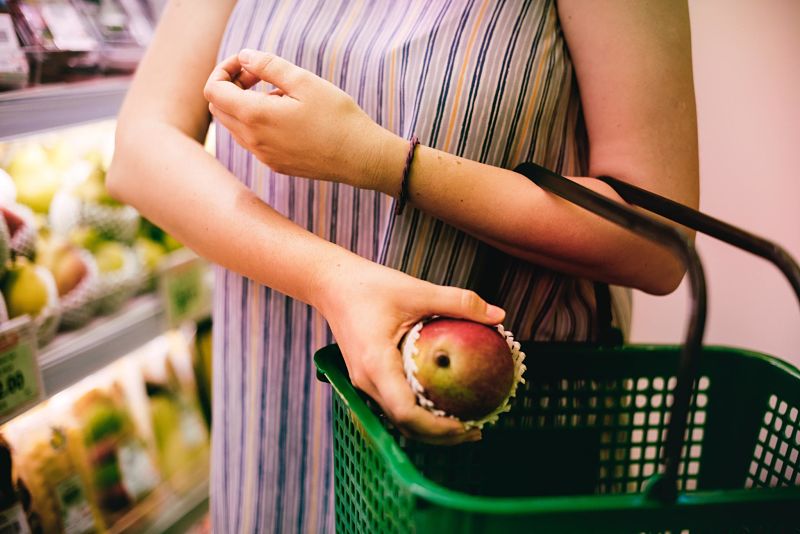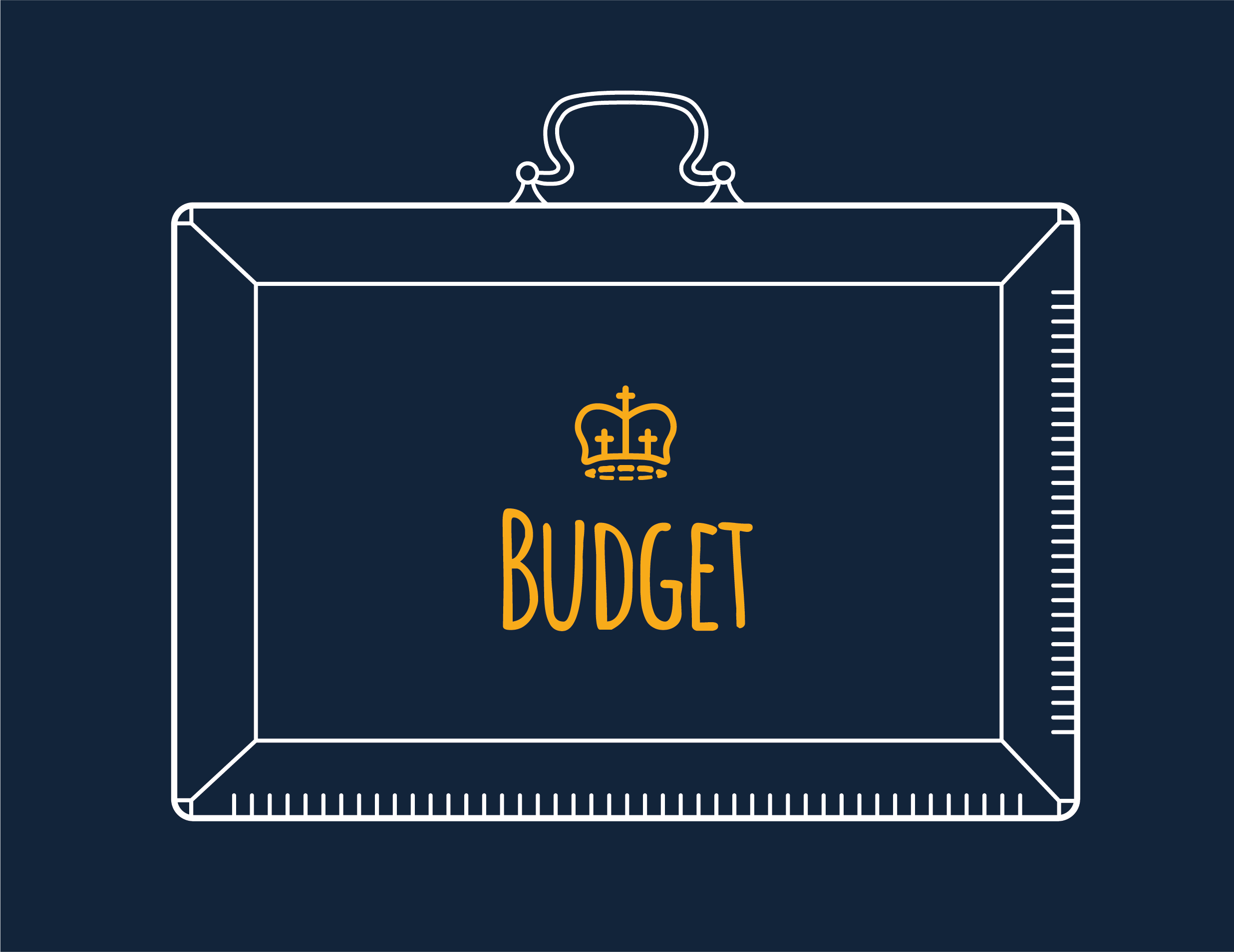
Every month, the average family throws away £60 worth of good food that was bought and not eaten. We’ve put together 12 top tips to help you shop smarter, stop waste and save money on food …
Try these tips to help you save money on food
1. Plan your meals
Plan ahead to ensure you only buy what is needed. If you’re stuck for ideas, a quick google search will provide thousands of recipe ideas. Check your cupboards, fridge and freezer before you shop as may find you already have in key ingredients for the dish you are planning to make.
2. Make a list
According to My Money Coach , people who avoid impulse spending can save 23% on their weekly food shop.
3. Eat more fruit and veg
Trim your waistline and your food budget by eating more fresh produce. Fresh food is often less expensive, so buy fresh and freeze if needed. Shopping at local farmers markets can save cash as the produce has not travelled as far. Want to save even more? Grow your own.
4. Double up and freeze
Make extra and freeze for fuss-free meals when the time is precious (you’ll save a fortune on takeaways)
5. Shop alone
Children love to ‘help’ with shopping, but this often means adding (sweet) items to the trolley! Shopping alone allows you to concentrate and stick to your list.
6. Buy no -brand
‘Downshifting’ could potentially cut your shopping bill by 30%. The website Money Saving Expert suggests switching to supermarket-own brands to save money without sacrificing quality and taste.
7. Organise your food cupboards
Have a regular cupboard clear out – throw away out of date food and list the items that need to be replenished. This will stop you from buying products that you already have.
8. Take a packed lunch
Research from Ofgem has shown that the average office worker spends £14.15 a week on lunch. Save your money and reduce food waste – invest in a lunchbox and take tasty leftovers from the night before to work.
9. Revamp your veggies
Don’t throw out fruit and vegetables that are past their prime. Toss them in the blender for a nutritious smoothie or make soup – an easy way to hit your ‘5 a day’ target.
10. First in, first out
Store new groceries behind older items. If older items are at the front, you are more likely to use them first.
11. Eat less meat
Increase your vegetable intake. Meat can be expensive so try substituting with vegetarian alternatives a couple of times a week.
12. Make healthy choices
They’re generally cheaper. Research from the IEA shows that it is cheaper to by healthy, nutritious food rather than processed, ‘junk’ food. Typical fruit and vegetables cost less than £2 per kilogram.


